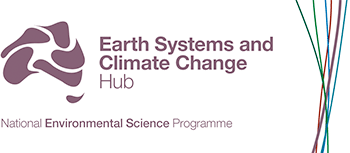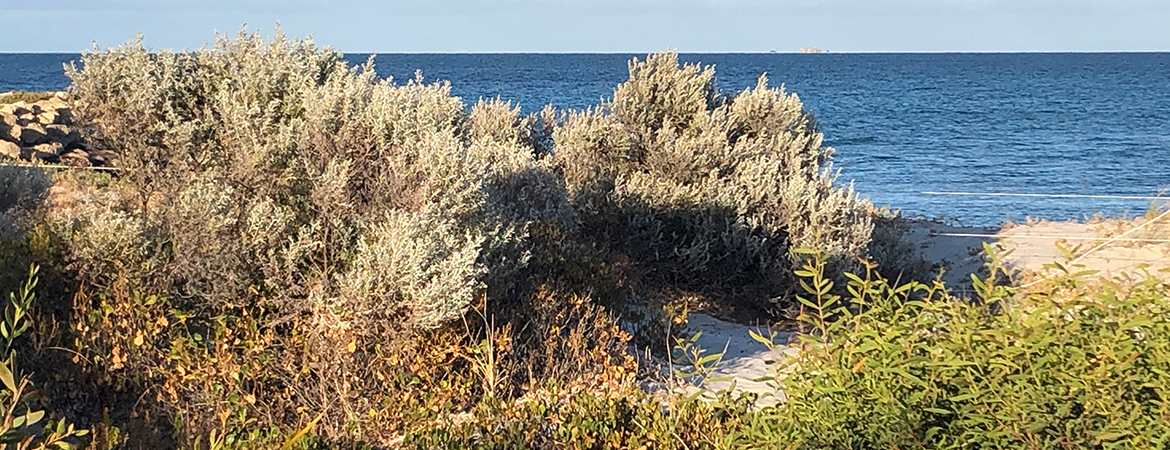18 March 2020
At the recent Australian Meteorological and Oceanographic Society (AMOS) conference in Fremantle, Traditional Owners and AMOS researchers met at a workshop convened by the Hub to share experiences and advice for successful collaboration on climate-change-related projects.
There are many benefits for western science by incorporating traditional knowledge in efforts to understand the past and current changes. At the same time, First Nations peoples can benefit from incorporating the understanding of climate change from western science in planning for the future. While the benefits of bringing these two knowledge systems together are obvious, the steps to do so are not.
Although well-intentioned, researchers in the past have not always recognised the importance of consulting Traditional Owners when working on country, collaborating to deliver mutual benefits, and acknowledging the value of traditional knowledge and its ownership.
Co-design of research – that is, including Traditional Owners in research inception, development and delivery with a view to mutually useful and useable research outputs – offers a framework for ensuring that the oversights of the past are not repeated in the future. Important considerations for co-design identified at the workshop included:
- Understanding that there are many peoples and many cultures
- Including Traditional Owners from the start (and all the way through)
- Building (and being prepared to maintain) trusted relationships
- Appreciating different timelines
- Ensuring free, prior and informed consent
- Respecting the provision and ownership of traditional knowledge
- Identifying benefits to country and community
- Ensuring you are giving as well as taking
- Remembering that connection to country is forever.
More detail on each of these considerations is in the short workshop summary: Co-design, cross cultural communication and climate change: considerations for engaging with First Nations peoples.

